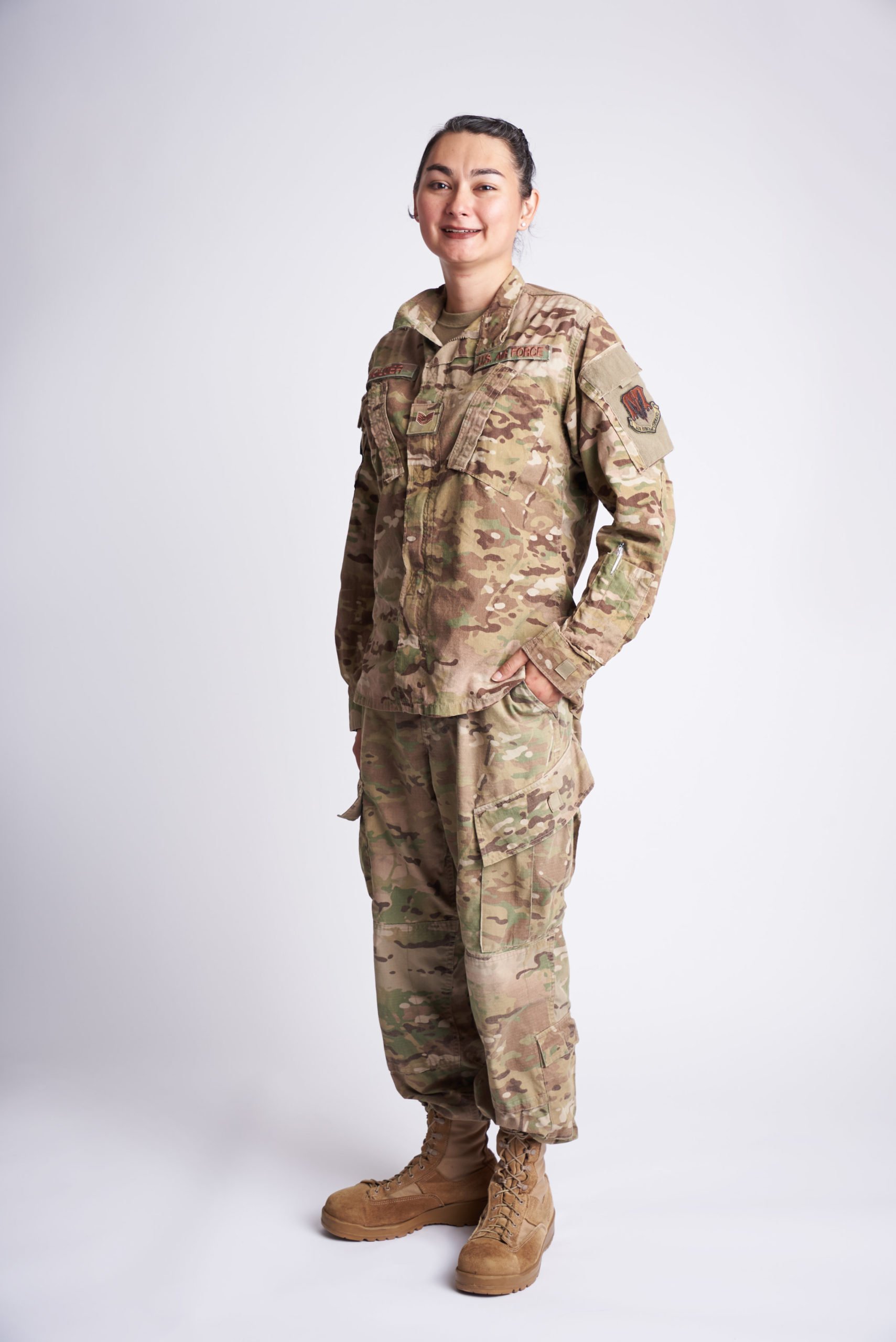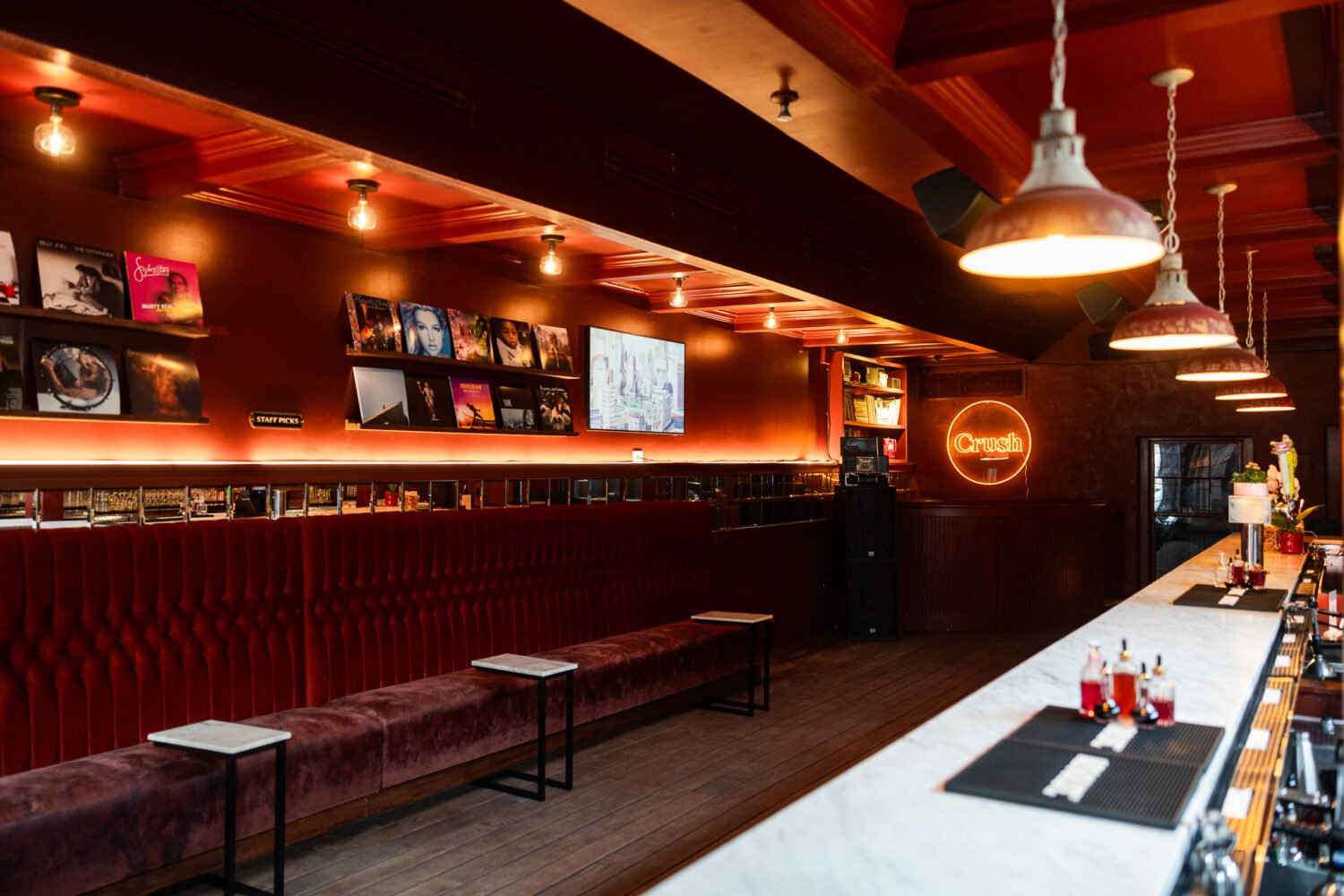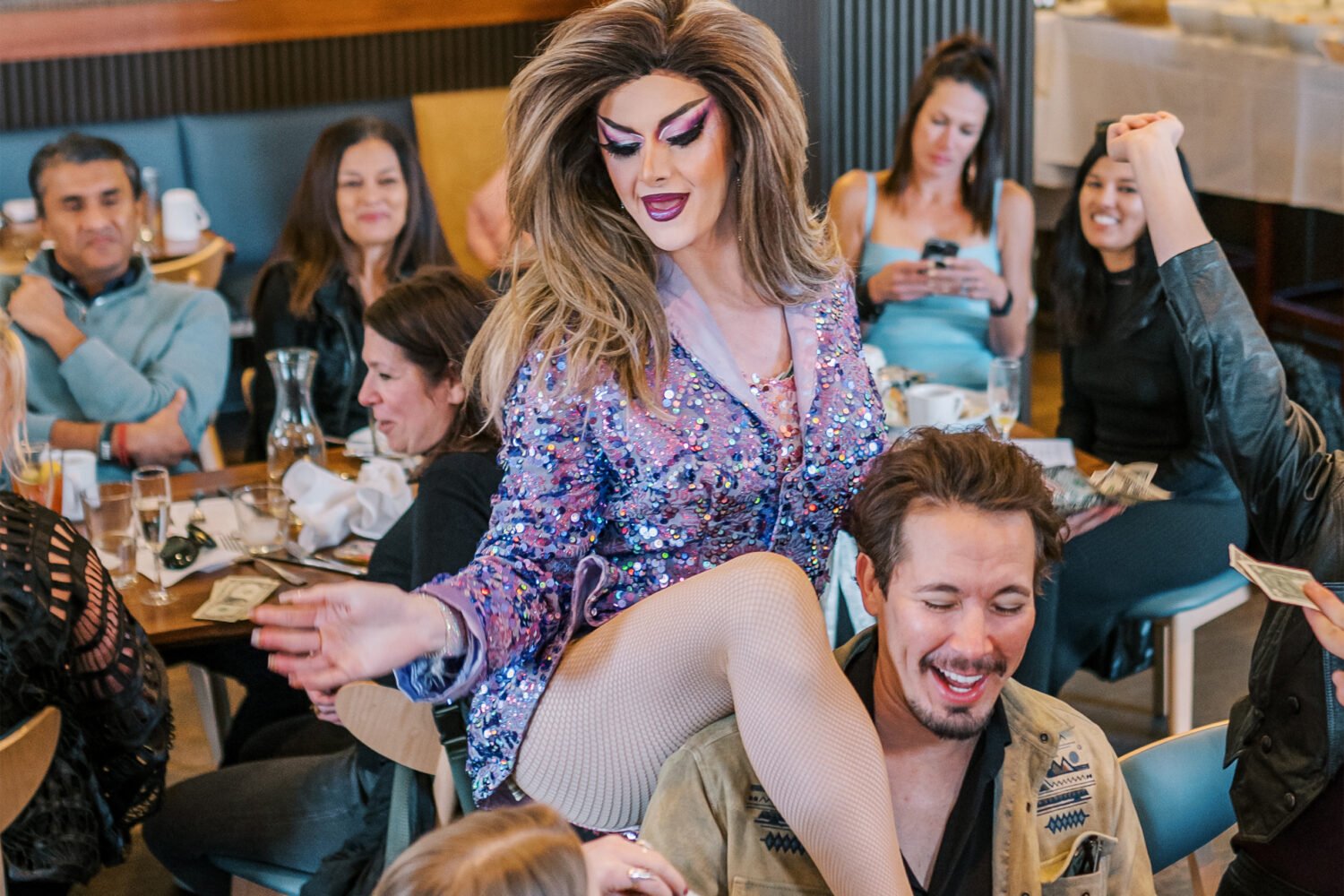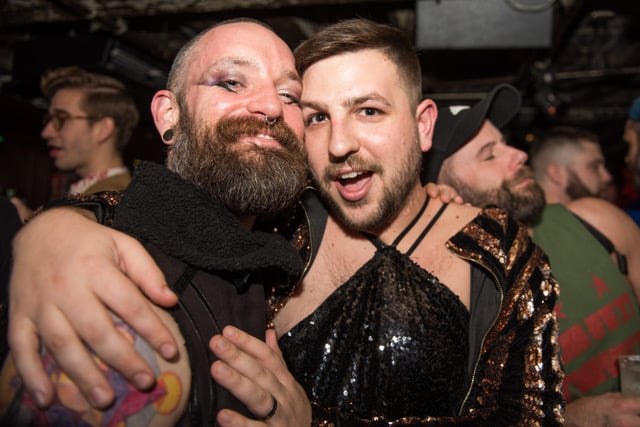Until President Obama lifted the ban on trans servicemembers in 2016, US Air Force technical sergeant Alexandria Holder had to hide her true self. President Trump reinstated the ban.
“I knew I was female by about seven years old. I couldn’t verbalize it because it was the late ’80s. My [now] wife was the first person I told, about ten years ago. I was 26 or 27. It was a month into the relationship. She hugged me, and she’s like, ‘We’ll do this together.’ There was no open service. If you came out, you were kicked out. I was like, ‘It’s going to be very difficult to keep these lives apart.’ The Air Force, luckily, doesn’t have a lot of rules about what you have to wear when you’re off duty. But every day I pulled on my uniform and tied my boots for work, it felt like I was dressing up like somebody else.
This story is part of Washingtonian‘s feature “What It’s Like to Be a Woman in Washington.” For more:
[su_posts id=”862395″ order=”desc” ignore_sticky_posts=”yes”]
“I went back and forth as to whether I was going to stay in. At Fort Meade, there’s an LGBT support community. I met a trans woman—she’d been in the Army for 20 years and couldn’t transition until she got out. She connected me with active-duty and retired military members who identify as trans, around 2014. It was shocking how many of us there were. That was a game-changer. I was able to tell other people I had been serving with.
“We had nearly three years of open service. The new ban came down this year, but those of us who had already come out were grandfathered in. I got my exception-to-policy letter to follow female dress and appearance standards last November. My wife was like, ‘Let’s go all out.’ I got a pale-pink color for my nails. Did a little bit of lip gloss. Did some eyeliner and mascara. My hair was still fairly short, but I put it up with a clip. When I came into work, the first person who saw me did a double take. But nobody treated me differently. A lot of it has to do with my commander and my unit’s senior leadership team. Since I don’t have to hide anymore, I can be more open and honest. It’s made me much more effective as a linguist but also as a supervisor, as a mentor, and as a leader.”
This article appears in the October 2019 issue of Washingtonian.



















